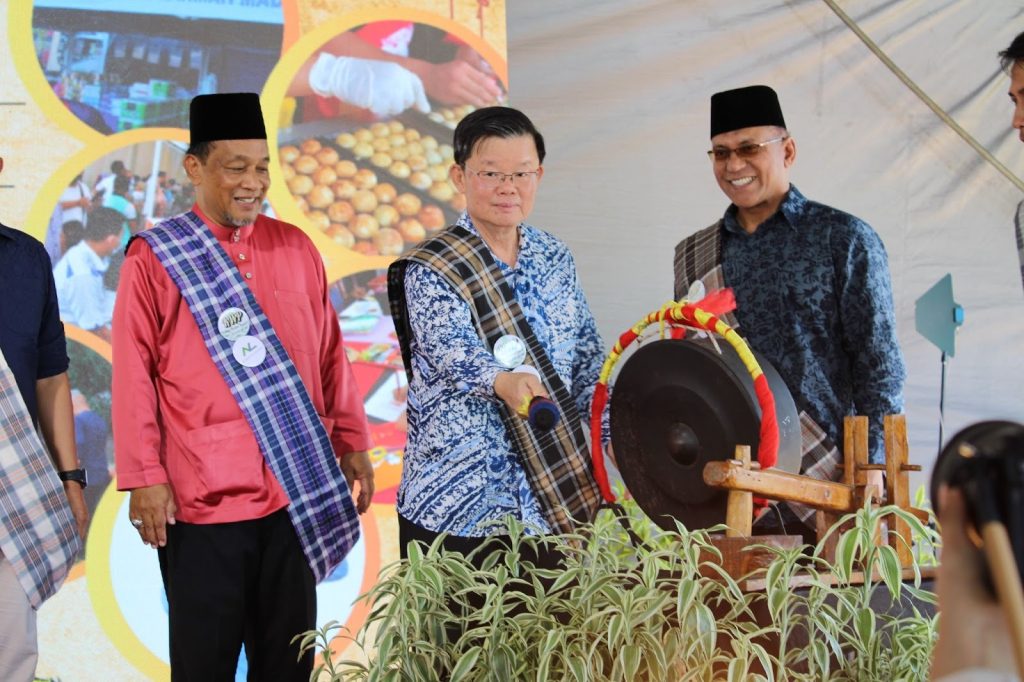PETALING JAYA: Malaysia’s main challenge and opportunity lies in speeding up structural reforms to accelerate the country’s transition to a high-income economy, according to the World Bank.
In its newly released East Asia and Pacific Economic Update entitled “Reducing Vulnerabilities”, the global financial institution noted that the structural reforms for Malaysia need to focus on human capital development and liberalisation and further competition in the economy.
“Malaysia has embarked on a wave of ‘new generation’ trade agreements and the implementation of these trade agreements could open the door for moving forward some of these areas,” the World Bank said in its semiannual review of the region’s developing economies.
It pointed out that the Malaysian economy at present continued to face risks emanating mainly from external developments.
These include uncertainty over the trajectory of economic growth in the global economy, and potential volatility in financial markets.
Domestically, the World Bank said, the lingering public discourse surrounding Government investment arm, 1Malaysia Development Bhd or 1MDB, could impact investors’ sentiments and divert the Government’s focus from needed reform, while an unanticipated sharp adjustment among households to a higher cost of living or a more pronounced softening in labour market conditions could also affect private consumption.
“With limited fiscal and monetary policy leeway, targeted measures could be considered to support the most vulnerable households,” the World Bank said.
Noting that recent increases in the minimum wage and public sector salaries would be difficult to sustain as fiscal consolidation continued, the World Bank said this would call for measures to boost labour productivity and raise the efficiency of the social protection system.
In addition, introducing unemployment benefits could help to improve matching in the labour market and provide support as the labour market softens, it said.
Private consumption is expected to remain the key contributor to Malaysia’s growth, as rising uncertainties over the global economic outlook would continue to weigh on the country’s exports.
According to the World Bank, Malaysia’s gross domestic product (GDP) growth would likely moderate to 4.2% in 2016 from 5% last year.
The country’s expansion will remain driven mainly by private consumption growth, which is expected to decelerate amid a softer labour market and ongoing adjustments to the rising cost of living.
Private investment growth, on the other hand, is expected to moderate given a less optimistic business sentiment and subdued external demand, while export growth is projected to remain stagnant on low commodity prices and a weaker growth outlook among Malaysia’s main trading partners.
Malaysia’s GDP growth is expected to rebound to 4.3% next year and 4.5% in 2018 on improving commodity prices and recovery in manufactured exports.
*Contact us at editor@starproperty.my.
*Subscribe to StarProperty.my on Facebook for the latest updates.
***For Chinese articles, download Property Trends at Google Play/iTunes, or subscribe to WeChat.















































